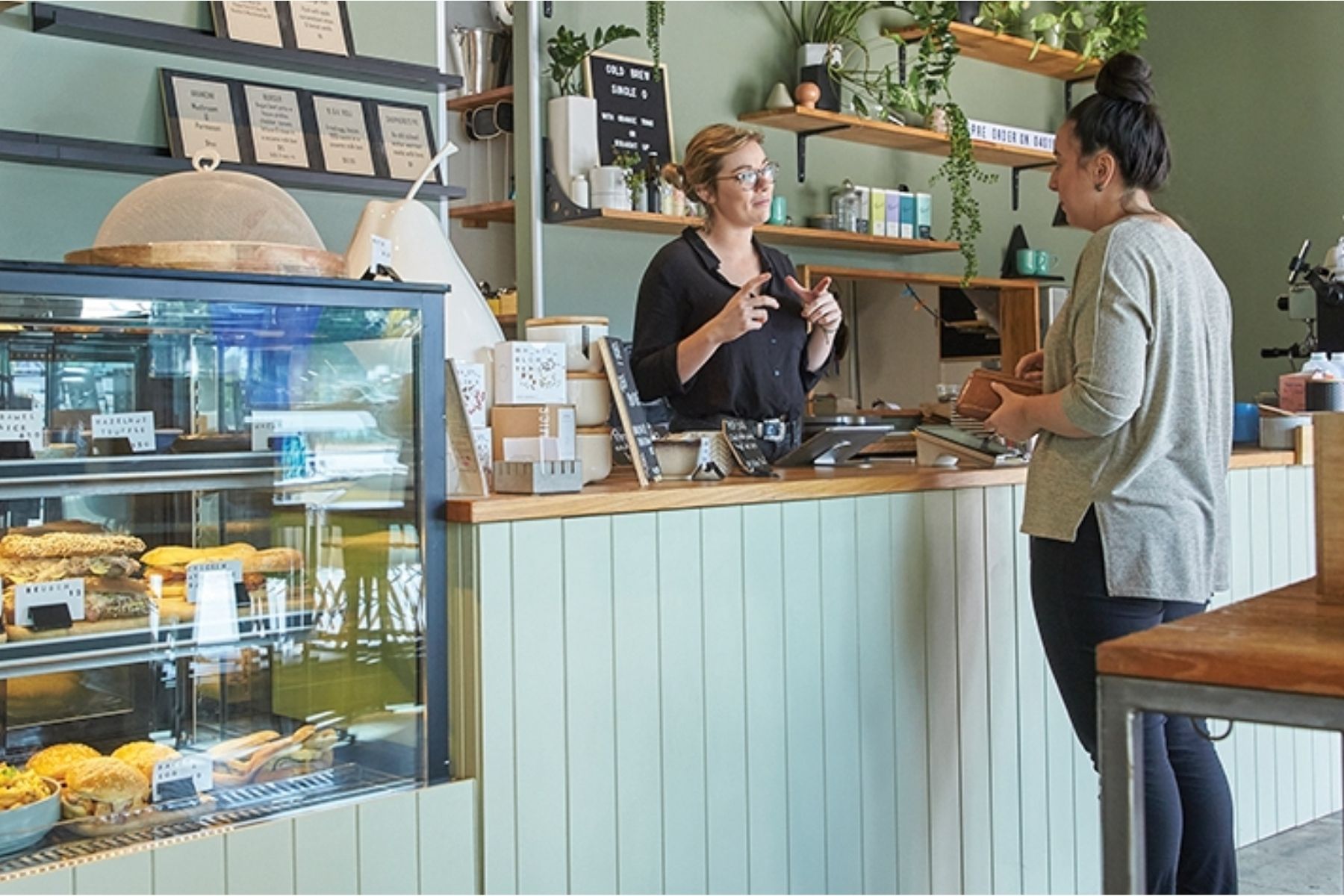Buying an established business requires a major commitment of time, money and energy. Doing your research before making a decision is essential.
Advantages of buying a business
- initial establishment and ground work has been done
- client base is established
- there is an existing market for the products/services
- a proven financial record that could make it easier to access finance.
Disadvantages of buying a business
- you may need to honour or renegotiate outstanding contracts
- the current staff could prove hostile
- you may need to invest additional money to make the business successful.
Free information guide
Guide to buying a business
Buying an existing business can be appealing to many potential small business owners. Read our free information guide to find out more about the process.
Identifying the right business
What is the ‘right’ business will vary, depending on your particular needs and lifestyle.
Before selecting a business check you:
- are physically, financially and emotionally suited to the business
- have the necessary skills, experience, time, resources, vision and commitment to make this business a success
- will benefit from this opportunity, bearing in mind your personal circumstances.
Businesses for sale are usually advertised in newspapers, industry magazines, and on the internet. Your accountant may also be able to assist, while business brokers and commercial real estate agents are also excellent resources. The Australian Institute of Business Brokers can assist in finding a broker.
Analysing the chosen business
Not all businesses for sale are a good investment. Before buying you need to understand exactly what you are paying for.
You need to:
- conduct due diligence and evaluate the risk
- have the business independently valued
- assess existing employees against your business needs
- investigate taxation requirements.
Due diligence and evaluating risk
Due diligence involves undertaking a thorough review of the business to determine the likelihood of its future success.
You will need to obtain the following information:
- Certified financial statements for the previous three years.
- A balance sheet to identify assets and liabilities.
- A list of the plant, equipment, fixtures and fittings the vendor intends to sell, along with a current valuation and associated warranties and guarantees. Before buying, confirm they can prove ownership.
- If the premises are leased, a copy of the lease agreement.
- If the business is a franchise, a copy of the franchisor’s disclosure statement. Learn more about buying a franchise.
Tip
Do not sign any offers or pay any money until you have been provided with all the above, you have assessed the business and taken independent professional advice. Reduce the risks in buying a business by making sure all plant and equipment is in good working order, checking the vehicles are licensed, and that there are no interests on the property being sold. You can check this online via the Personal Property and Securities Register
Have the business independently valued
An independent valuation will confirm that you are paying a fair price. There are three main methods of valuing a business.
- Return on investment = net profit x 100 ÷ price
- Asset value = assets of the business + goodwill
- Market value = turnover x industry multiple. (This is rarely used for retail businesses).
Existing employees
If staff will be transferring with the business you need to be aware of your responsibilities. Specific requirements regarding the transfer of a business and employee entitlements will vary according to which industrial relations system the business is covered by.
For state system employees visit the Department of Local Government, Industry Regulation and Safety website and for national system visit the FairWork Ombudsman website.
Taxation
Unless sold as a going concern, you will need to account for GST on the sale of the business. You also need to ensure all Australian Tax Office (ATO) requirements are met. Speak to an accountant or tax professional to understand your tax obligations or visit the ATO.
Other important points to check
- Is it reasonable to assume that profits will continue at the current levels?
- Will the profits cover loan repayments, the cost of maintaining and replacing business assets, and allow you to progressively recover your investment over the commercial life of the business?
- What is the condition and current market value of the plant, equipment and other assets?
- Is the goodwill of the business a realistic figure?
- Is the profit percentage higher or lower than industry standards?
Making an offer
Once you decide to purchase the business the next step is to make an offer to the vendor.
There is no standard documentation when buying a business. If you are not using a real estate agent or business broker you are likely to need a lawyer to draw up a legally binding offer and acceptance.
For your own protection make sure all promises and undertakings given by the vendor are confirmed in writing. Your lawyer should include appropriate conditions in the offer. This will allow you to withdraw your offer, without penalty, if the vendor does not meet these conditions.
After you agree on the price and terms of sale you will need to arrange the transfer of licences and registrations. For more information go to our licences and permits section.

small business helpline
Can't find what you're looking for?
If you can't quite find the right information our business advisers are here to discuss any business questions or concerns.




